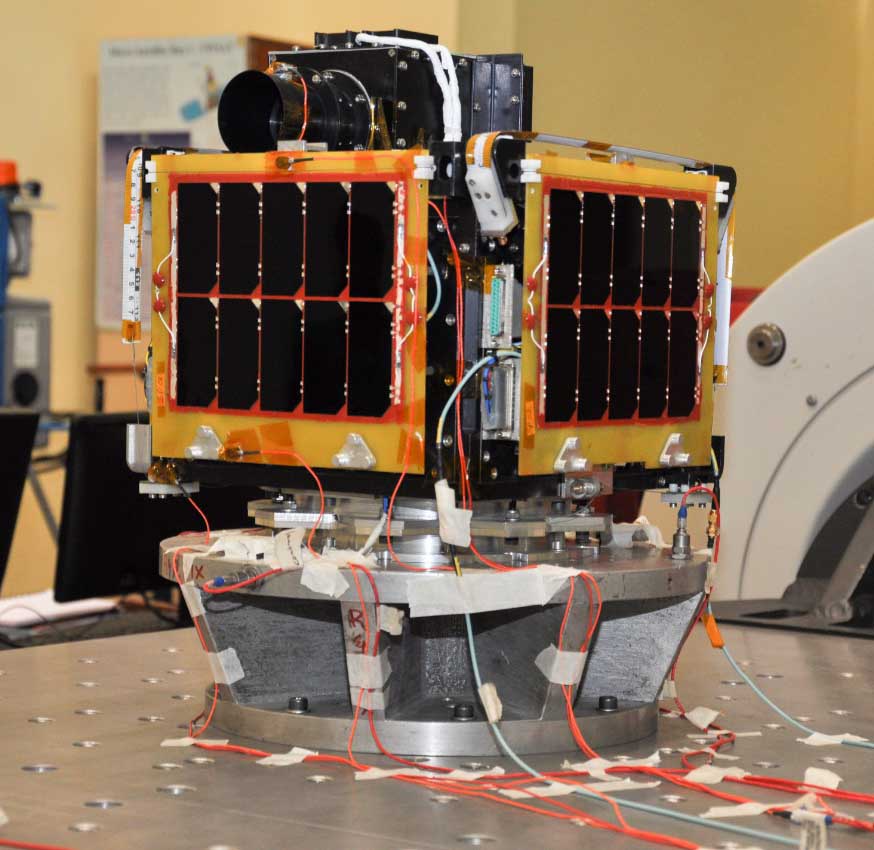

Mr. Faizal Khan presented the case study on NIMS Medicity’s success in using hybrid renewable sources of energy for powering health interventions at The General Assembly of United Nations, New York, on 21st May 2015. This happens to be Asia’s first successful initiative on solar industrialization using hybrid renewable sources of energy.Emphasized the idea of harnessing solar energy to meet the energy requirements of industries and stressed on generating solar energy for industrial purpose rather than for domestic purpose. His presentation was selected as one among the four best presentations selected out of a total seven.
Established Asia's First cardiology department performing cardiac Interventions powered by sustainable renewable energy. Electricity generated from the hybrid system of wind and solar plant, sprawling over 300000 sq. ft. area in the 24 acres hospital campus was used to power the cardiac catheterization lab making it Asia's first green cardiac catheterization lab. This successful implementation of renewable energy project was highly commended by Dr. Kandeh Yumkella, former CEO of the UN programme for Sustainable Energy for All, who visited Mr. Faizal Khan’s project sites and expressed his appreciation for setting models for others to replicate such project initiatives, with a priority accent on efficiency and ecological compliance in generating and using renewable sources of energy.
As the Pro-Chancellor of Noorul Islam University, Mr. Faizal Khan acted as a major driving force behind India's 98th satellite and first indigenous private nanosatellite launched on 23rd June 2017 by ISRO built by Noorul Islam University. The microsatellite can provide timely information related to impending disasters and also the necessary data for correct decision-making to support any miscasting of any disasters in any part of the country or on the globe. The satellite could also help in disaster management in areas such as Kanyakumari and Nagapattinam, which were devastated by the tsunami in 2004.The nanosatellite can provide timely information related to impending disasters and also the necessary data for correct decision-making to support any miscasting of any disasters in any part of the country or on the globe. The nanosatellite also can map pollution and crop patterns across the globe. It can monitor the stress on crops caused by diseases or lack of proper irrigation. The Noorul Islam University has also established a dedicated mission control center for telemetry and telecommand operations and payload data reception.

Established the first Human Genetics and Molecular Biology Laboratory in Kerala as Subsidiary of NIMS Medicity established inside the NIMS Campus with the goal of providing advanced diagnostics for various infectious and genetic diseases. The exclusive facilities include NGS, CRISPR-Cas9 – Technology etc. that enables geneticists and medical researchers to edit parts of the genome by removing, adding or altering sections of the DNA sequence. NIMS-HGK Biotechnology finishing school, part of NCAB is also part of NCAB established with the intention of providing the much needed training for the biotechnology professionals.